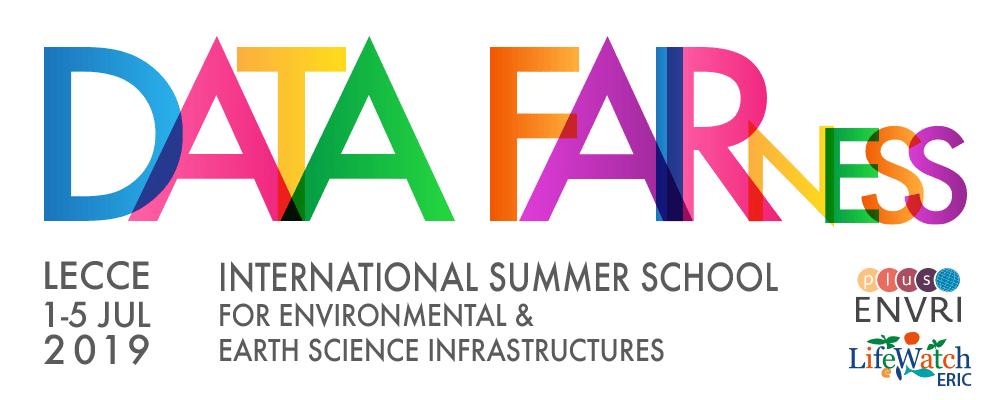Programme
First week
Monday 11 Jan
- 09:00-09:30: welcome session
- 09:30-11:00: introductory session
Tuesday 12 Jan
- 09:00-11:00: Antonio José Sáenz-Albanés & José María García-Rodríguez – Semantics
In this session participants learned basic concepts about semantics and how it can enrich your data resources and increase its FAIRness, turning it into machine-actionable data that can be effectively discovered and accessed by interested parties. We also considered additional aspects to foster the discoverability of data resources, such as security and relevant software tools. - 11:00-12:00: Breakout rooms
Wednesday 13 Jan
- 09:00-11:00: Ute Karstens, Claudio D’Onofrio, Karolina Pantazatou, Ida Storm – VREs, Data Analysis & Visualisation
A short presentation was given on a fully integrated web application at ICOS Carbon Portal, on the example of the atmospheric transport model STILT. We went through a full life cycle for an ‘on demand’ model run and results visualisation. We then showcased how to use the results to create a new data product. A hands-on workshop followed to create a simple timeseries plot comparing STILT results with observational data and creating an interactive map for the station location. - 11:00-12:00: Breakout rooms
Friday 15 Jan
- 09:00-12:00: unsupervised session for assignments
Second week
Monday 18 Jan
- 09:00-11:00: Nicola Fiore & Lucia Vaira – Resource access tools
A short presentation was given on the LifeWatch ERIC Metadata Catalogue in order to show how resources (datasets, services, workflows, etc.) can be published on a catalogue. In particular, we went through the entire process behind the resource publication and we showed how to create/publish/access new resources. A breakout room followed the lecture to let students create their own resources. - 11:00-12:00: Breakout room
Tuesday 19 Jan
- 09:00-11:00: Zhiming Zhao – Cloud computing for developing and operating data management services
We discussed how to develop and operate data management services in cloud environments. By using examples from the ENVRIplus and ENVRI-FAIR projects, we demonstrated the basic steps to run a legacy application in cloud, to develop native cloud applications, to automate the application deployment, and to auto-scale a runtime application. Students practiced on the cloud infrastructures offered by providers such as EOSC or LifeWatch. - 11:00-12:00: breakout rooms
Thursday 21 Jan
- 09:00-12:00 : unsupervised session for assignments
Friday 22 Jan
- 09:00-11:00: participants’ presentations
- 11:30-12:00: closing session
The ENVRI Community International Winter School used the ENVRI-FAIR Training Platform for all modules to accompany participants in the learning process and enable access to its resources and products.
